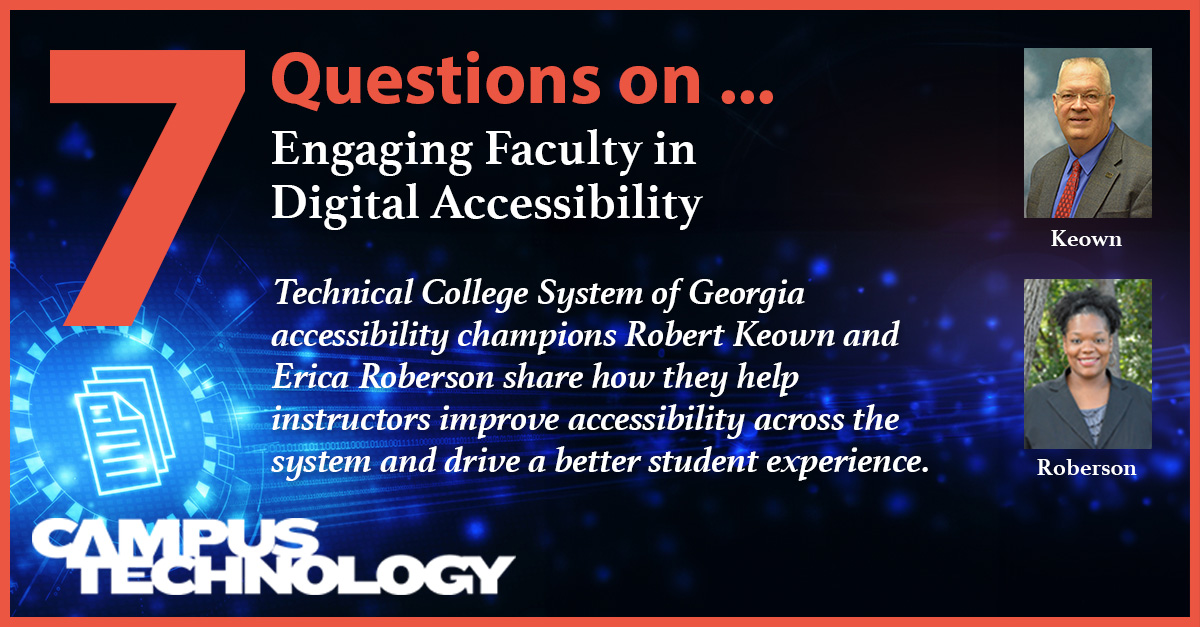
We asked the Technical College System of Georgia's accessibility champions how they help instructors create a more inclusive learning experience for all students.
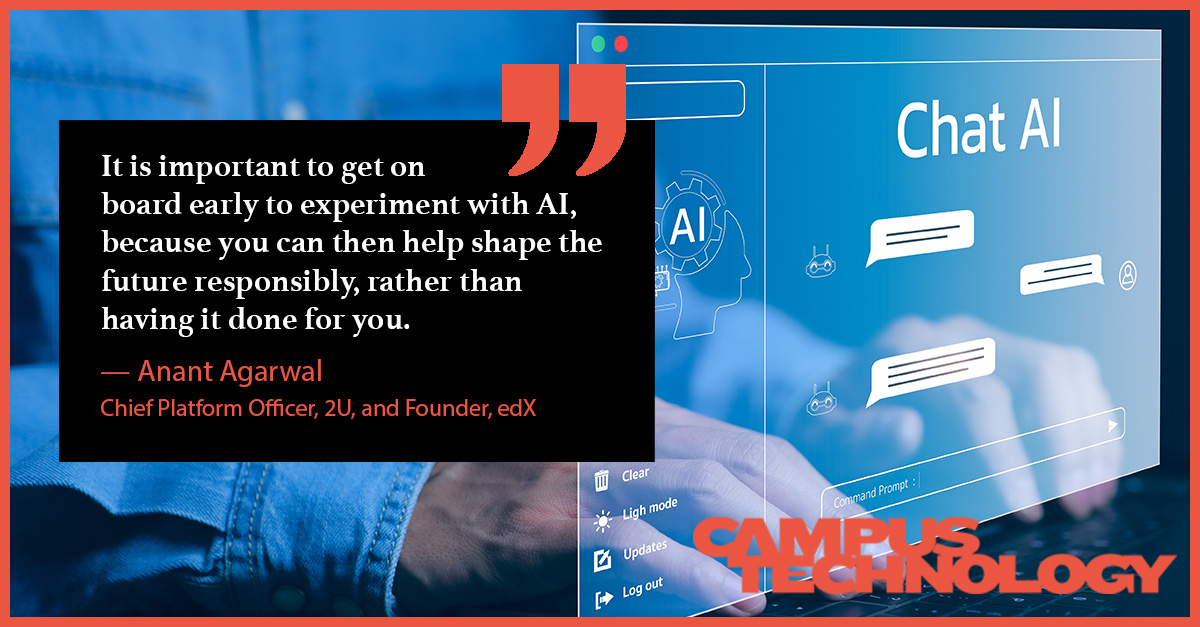
Here, we ask Anant Agarwal for his perspectives on the impacts of generative AI in higher education environments and what edX is doing to help lead the way in the productive use of innovative new tools based on the technology.
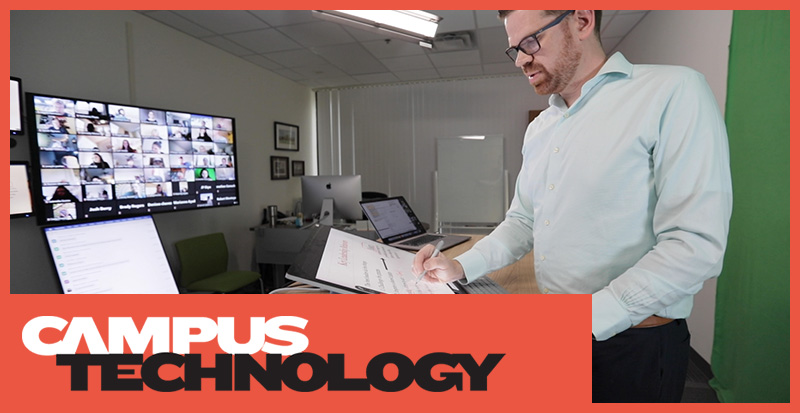
At some point in our academic careers, most of us have found ourselves stuck in the back of an overcrowded lecture hall. Too far from the presenter to see or hear much of anything, it wasn't long before we lost interest, started on other work, or took a nap. Anyone sitting in those first few rows may have been enlightened and inspired, but for the rest of us, the class was less than productive. Higher education has set out to change that.
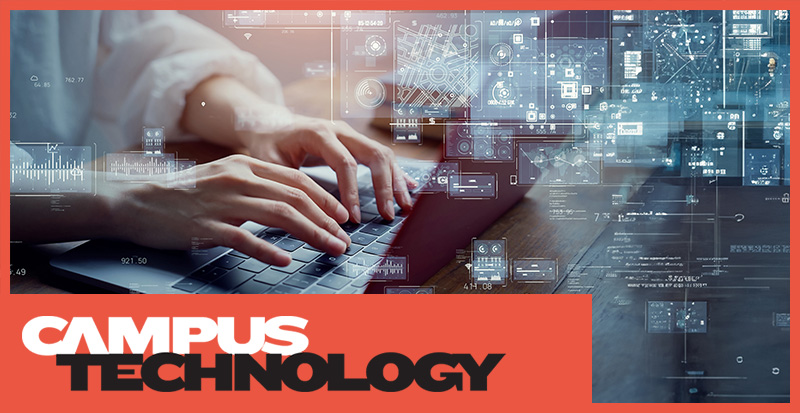
Consider these strategies for equipping students with the tech skills they will need to succeed post-graduation.

The University of South Carolina Aiken recently found a creative way to staff a new security operations center — and give students hands-on cybersecurity training at the same time. We spoke with Ernest Pringle, vice chancellor for IT and CIO at USC Aiken, about creating a student-led SOC, helping students put cybersecurity theory into practice, forging regional cybersecurity partnerships, and more.
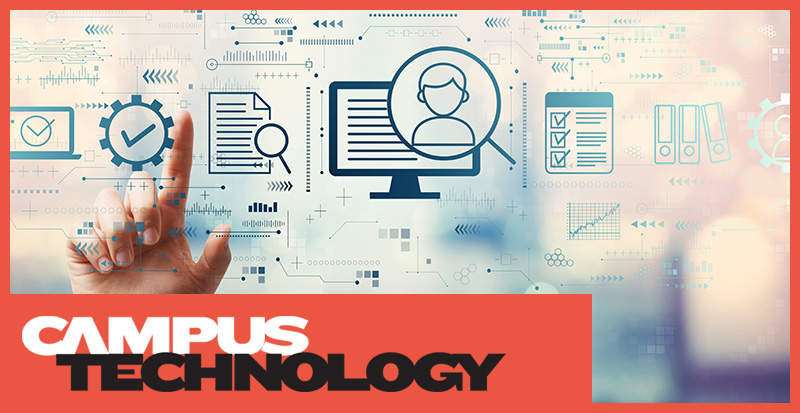
To give credentials value in the workplace, the learning behind them must be sticky, visible, and scalable.
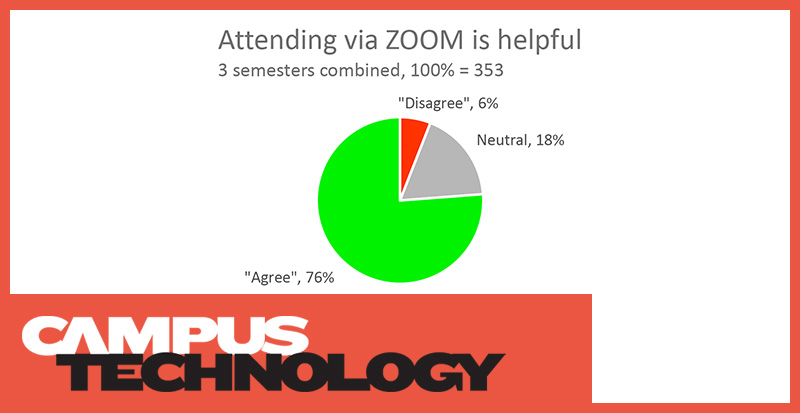
Based on a survey of college students over the last three semesters, students understand that remotely attending a lecture via remote synchronous technology is less effective for them than attending in person, but they highly value the flexibility of this option of attending when they need it.
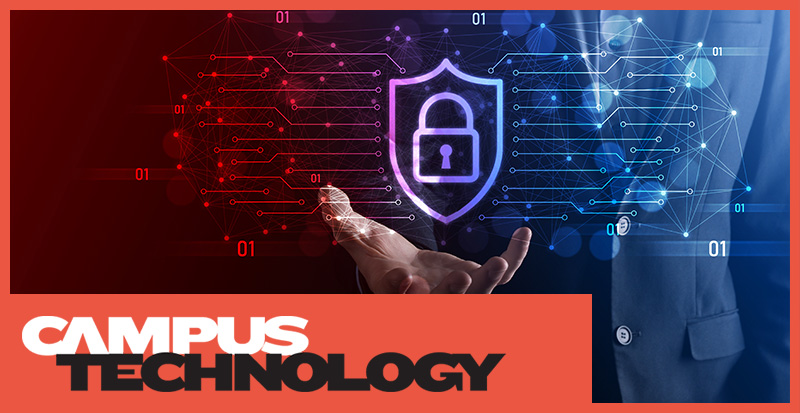
For most colleges and universities, it's a question of when, not if, they will experience a cyber attack. Here are seven key considerations for handling the aftermath of a breach.
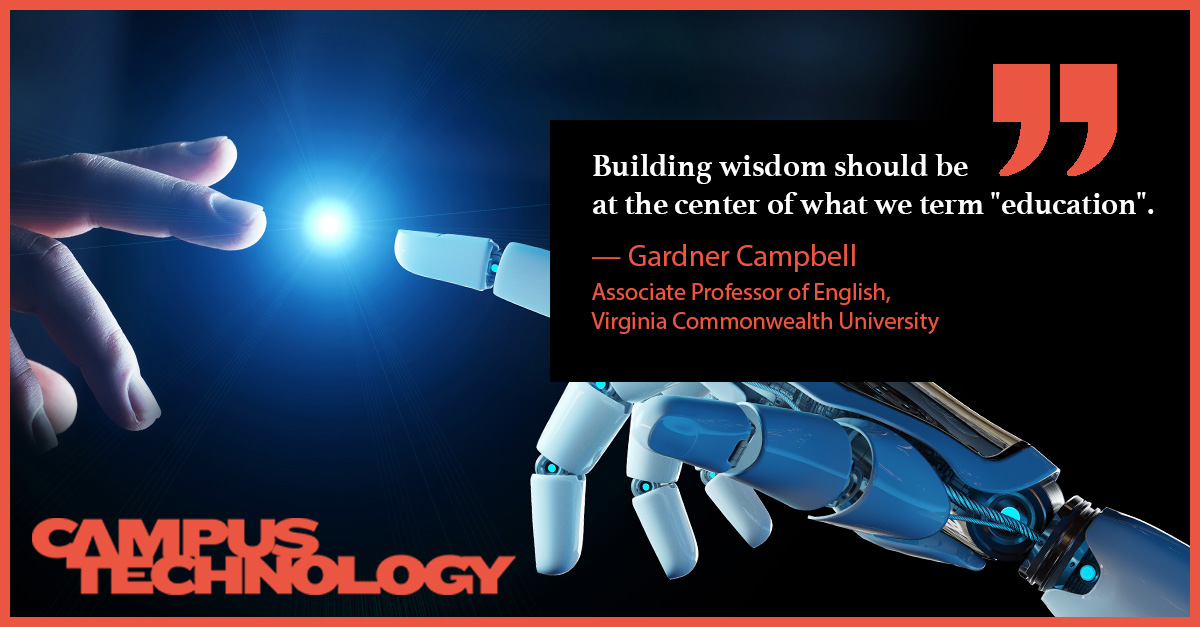
Gardner Campbell considers issues and concerns surrounding AI, identifies helpful resources, and offers some grounding thoughts on human learning.
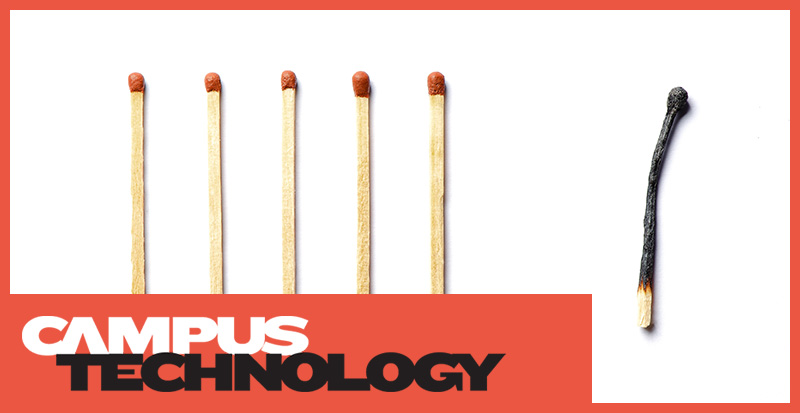
Technology research firm Gartner advises chief information officers to include discussions about fatigue and burnout in order to reduce employee turnover and achieve better results in network management efforts, according to a new report.